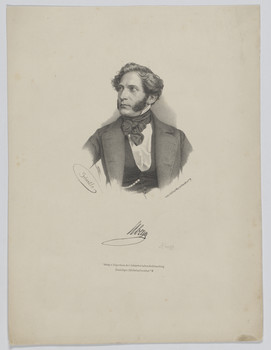Bruno Erhard Abegg on:
[Wikipedia]
[Google]
[Amazon]
 Bruno Erhard Abegg (17 January 1803 – 16 December 1848) was a
Bruno Erhard Abegg (17 January 1803 – 16 December 1848) was a
 Bruno Erhard Abegg (17 January 1803 – 16 December 1848) was a
Bruno Erhard Abegg (17 January 1803 – 16 December 1848) was a Prussian
Prussia, , Old Prussian: ''Prūsa'' or ''Prūsija'' was a German state on the southeast coast of the Baltic Sea. It formed the German Empire under Prussian rule when it united the German states in 1871. It was ''de facto'' dissolved by an e ...
statesman
A statesman or stateswoman typically is a politician who has had a long and respected political career at the national or international level.
Statesman or Statesmen may also refer to:
Newspapers United States
* ''The Statesman'' (Oregon), a n ...
.
Abegg was born in Elbing (Elbląg) in West Prussia
The Province of West Prussia (german: Provinz Westpreußen; csb, Zôpadné Prësë; pl, Prusy Zachodnie) was a province of Prussia from 1773 to 1829 and 1878 to 1920. West Prussia was established as a province of the Kingdom of Prussia in 177 ...
, where his father was a merchant and Privy TradeCouncil.
Beginning in 1822, Abegg studied law at the universities of Heidelberg
Heidelberg (; Palatine German language, Palatine German: ''Heidlberg'') is a city in the States of Germany, German state of Baden-Württemberg, situated on the river Neckar in south-west Germany. As of the 2016 census, its population was 159,914 ...
and Königsberg
Königsberg (, ) was the historic Prussian city that is now Kaliningrad, Russia. Königsberg was founded in 1255 on the site of the ancient Old Prussian settlement ''Twangste'' by the Teutonic Knights during the Northern Crusades, and was named ...
, and practised in Danzig and Königsberg
Königsberg (, ) was the historic Prussian city that is now Kaliningrad, Russia. Königsberg was founded in 1255 on the site of the ancient Old Prussian settlement ''Twangste'' by the Teutonic Knights during the Northern Crusades, and was named ...
(now Gdańsk and Kaliningrad, respectively). In 1831, he purchased a manor in Fischhausen (now Primorsk), becoming head of this district on 23 April 1833. He then moved to Königsberg, where he became superintendent of the police. In 1835, he was given the title of Privy Council
A privy council is a body that advises the head of state of a state, typically, but not always, in the context of a monarchic government. The word "privy" means "private" or "secret"; thus, a privy council was originally a committee of the mon ...
of the Government in Berlin and sent to Breslau (Wrocław).
He became vice president of the ' (Commission of the Fifty) in Frankfurt
Frankfurt, officially Frankfurt am Main (; Hessian: , "Frank ford on the Main"), is the most populous city in the German state of Hesse. Its 791,000 inhabitants as of 2022 make it the fifth-most populous city in Germany. Located on its na ...
. Later, he was a member of the National Assembly in Berlin, where he died of an illness.
Abegg was a cousin of the criminalist Julius Friedrich Heinrich Abegg.
Sources
* - online version atWikisource
Wikisource is an online digital library of free-content textual sources on a wiki, operated by the Wikimedia Foundation. Wikisource is the name of the project as a whole and the name for each instance of that project (each instance usually rep ...
1803 births
1848 deaths
People from Elbląg
People from West Prussia
Members of the Prussian National Assembly
German police officers
Heidelberg University alumni
University of Königsberg alumni
{{Germany-politician-stub